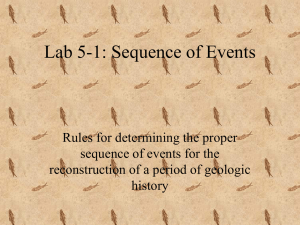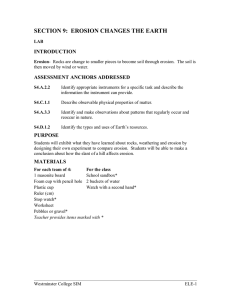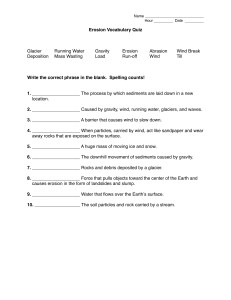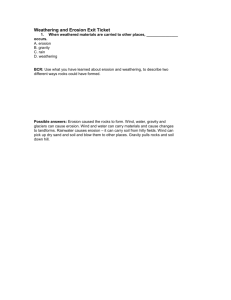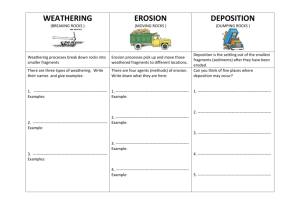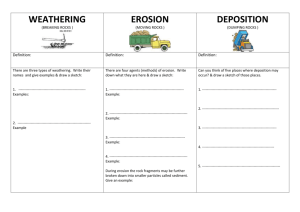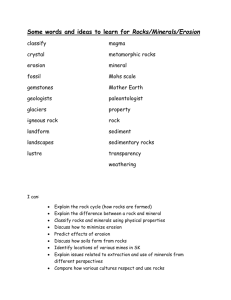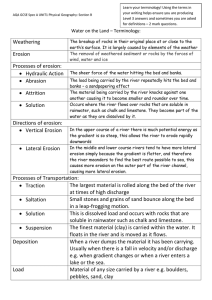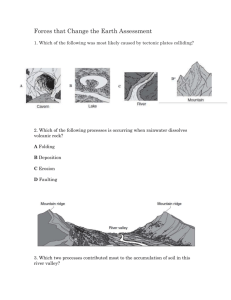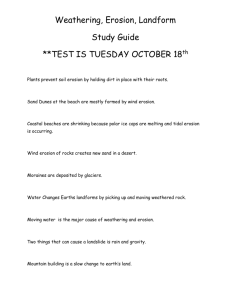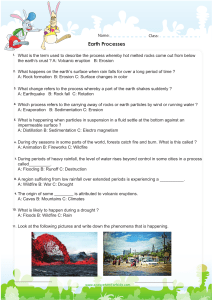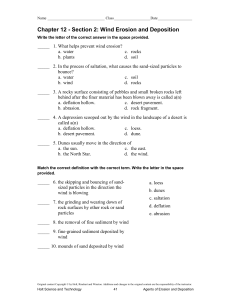An unconformity is essentially a buried surface of erosion and/or non
advertisement
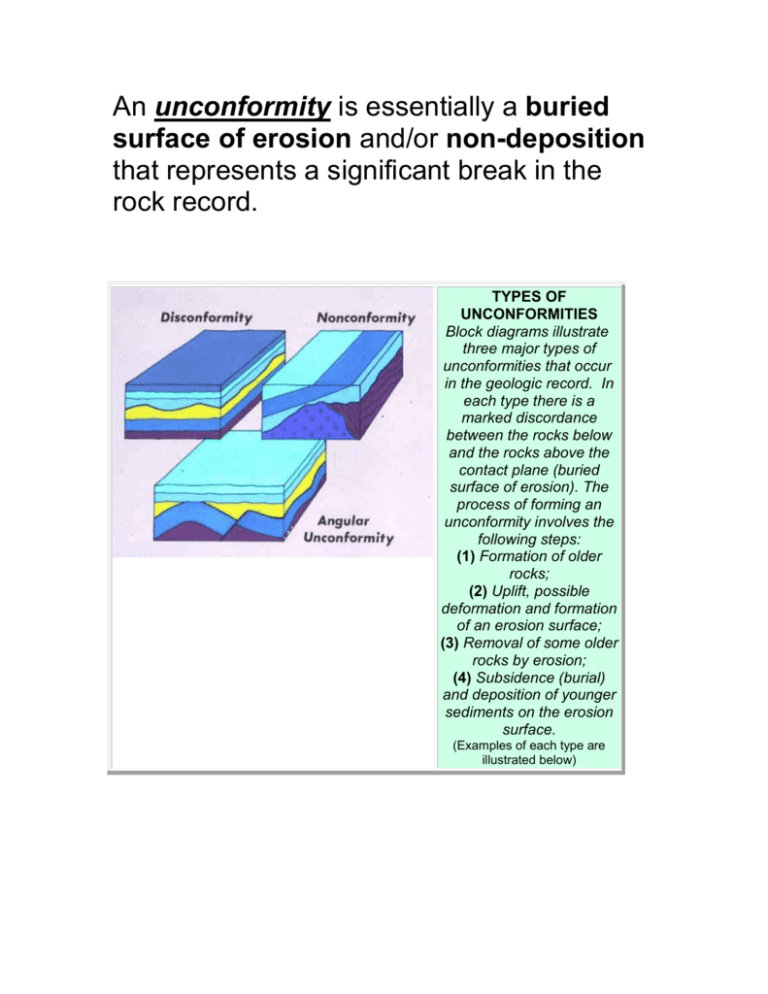
An unconformity is essentially a buried surface of erosion and/or non-deposition that represents a significant break in the rock record. TYPES OF UNCONFORMITIES Block diagrams illustrate three major types of unconformities that occur in the geologic record. In each type there is a marked discordance between the rocks below and the rocks above the contact plane (buried surface of erosion). The process of forming an unconformity involves the following steps: (1) Formation of older rocks; (2) Uplift, possible deformation and formation of an erosion surface; (3) Removal of some older rocks by erosion; (4) Subsidence (burial) and deposition of younger sediments on the erosion surface. (Examples of each type are illustrated below)
